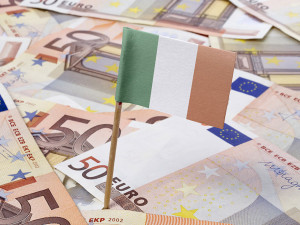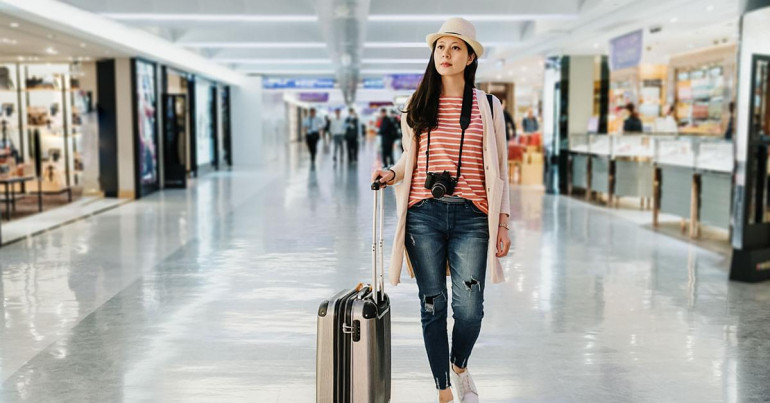
Duty-free refers to goods that are sold exempt from certain taxes between borders. This often refers to goods found in the departure lounges of airports, where they are sold at a significant discount. The area where these goods are sold is often referred to simply as duty-free.
Goods that are advertised in duty-free sections of the airport can in some cases be much cheaper than the normal retail price in that country. This is because due to the location in which the goods are being sold, certain taxes can be waived, such as VAT and consumption taxes.
As taxes are charged on imports, the fact that the goods are sold in the airport means that they are being purchased in between borders.
There are three forms of tax that can be charged on imports into the UK:
- Customs duties
- Value-added tax (VAT)
- Excise duties
Customs duties are often referred to as tariffs, and only imported goods are subject to this tax. VAT is applicable to sales within the country and also imports, and excise duties are applicable to imports and domestic sales of products which are considered harmful (which in terms of goods covers mainly alcohol and tobacco).
These taxes are applied differently depending on the way in which they are purchased, for example in a duty-free section in the airport, brought in by a traveller in their luggage, or received as a gift from someone in a foreign country.
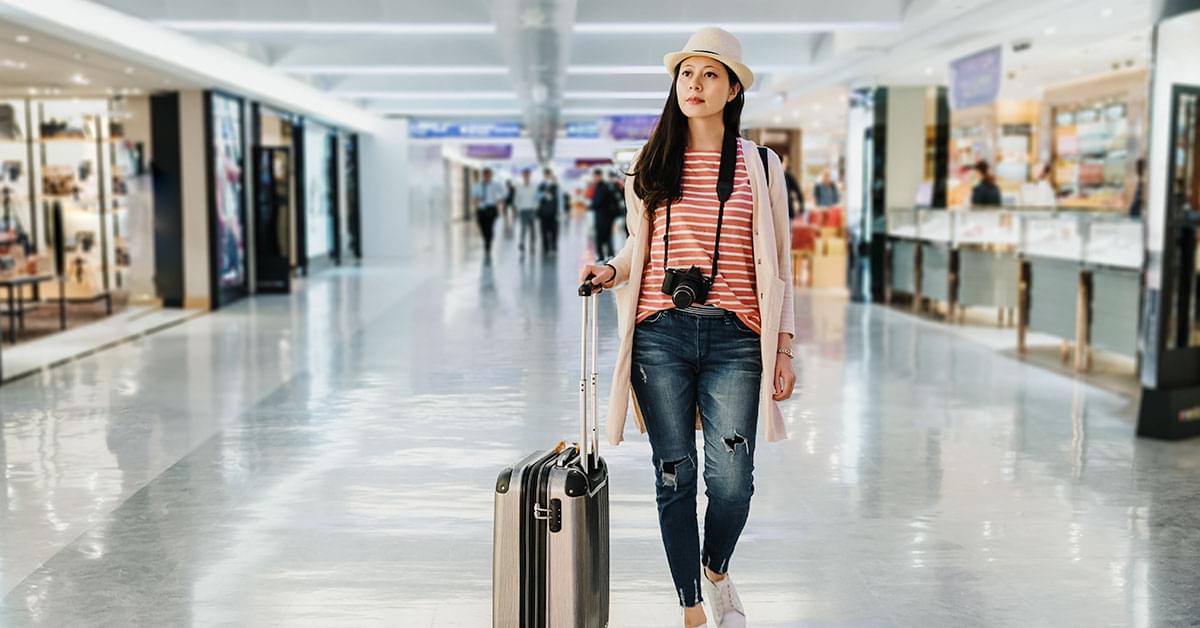
What is duty tax?
Duty tax is not a specific tax, but rather a term for taxes which are imposed in customs, imposed by a government on imported goods, and in some cases exported goods across international borders. Imported goods are subject to import duty and exported goods are subject to export duty.
Duty is implemented not only to generate revenue for the government but more importantly to protect domestic industries by making foreign goods more expensive. Governments can also regulate trade in this way, and ensure that the economic balance does not tip too far either way.
How does a duty-free purchase work?
If you buy goods in duty-free, you are purchasing the product technically before it has entered the new country. For example, if you are buying a bottle of wine in duty-free when you’re departing your home airport, you are buying it before it has crossed into another territory. This is why you can only buy goods from duty-free after you have gone through security – you cannot buy something from duty-free and remain in the country as this would be avoiding the necessary taxes.
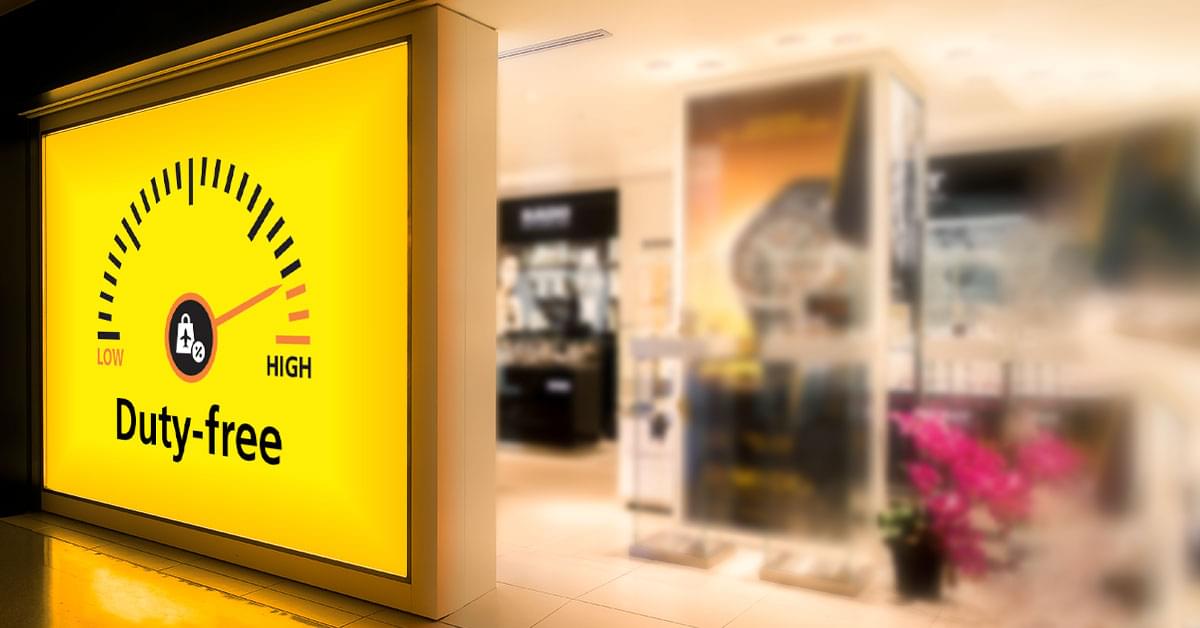
Is duty-free shopping cheaper?
Duty-free shopping can be much cheaper in some cases, due to VAT and excise taxes being waived. Duty-free stores offer a huge range of products, such as alcohol, fragrances, cosmetics, electronics, and jewellery which would normally all be subject to these taxes. The selection can vary based on the size of the airport and also the country in which the duty-free is located. Some countries may not sell prohibited items such as alcohol.
Why is duty-free sometimes more expensive?
Despite duty-free offering lower prices on some goods, due to the lack of tax, the markup on some of these products can be much higher, so often the money saved can be cancelled out. Make sure that you make a note of the average price of the products in your home country or your target destination before you arrive in duty-free, where you can then assess the duty-free price and make a decision.
Alcohol and tobacco can be some of the best items to buy in duty-free, as they will be exempt from both excise tax as well as the VAT of 20%, which can be quite a lot of tax per item, so you can make a decent saving.
It’s important to note that duty-free prices vary by airport, country and region. Some places will have great deals, but others not. For example, wine may be cheap in duty-free in the UK compared to the standard UK retail price, but if you are travelling to a wine region in France, the product could be even cheaper once you are there.
Limits on duty-free
Due to the potential avoidance of VAT and consumption taxes, there is a limit on how much you can buy in duty-free. This varies from country to country, and depends on the country’s tax policies.
In the UK, the limits on returning visitors are as follows:
- 42 litres of beer
- 18 litres of still wine
- 4 litres of spirits or 9 litres of sparkling wine, fortified wine or any alcoholic beverage less than 22% ABV
There is also a limit on how many goods you can bring into certain countries, regardless of whether they were purchased in duty-free or not.
These restrictions are to balance the amount of goods coming in that avoid taxes. If there were no restrictions on imports, then people would be able to purchase a huge amount of goods elsewhere at a much cheaper price, which could potentially damage the domestic economy.
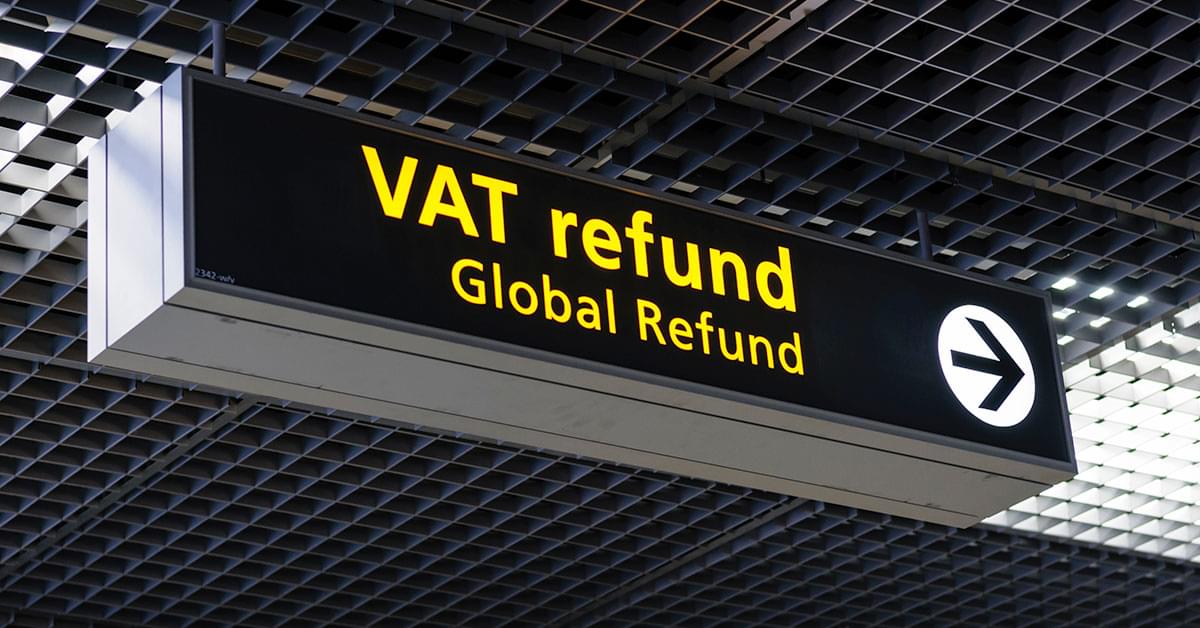
Has Brexit affected duty-free?
Brexit has affected duty-free purchasing, and as of 1st January 2021, international visitors can no longer benefit from duty-free shopping in the UK, which now includes visitors from the EU.
The government was accused of delivering a “hammer blow” to the industry by announcing this decision, which according to AOA chief executive Karen Dee showed “a complete lack of awareness for the jobs and businesses on the line in the aviation sector”. Duty-free prices are still available for travellers entering and returning to the UK, and in EU airports.
Duty-free shopping for travellers arriving to the UK from non-EU countries, such as the United States, has been largely unaffected by Brexit. Travellers can still purchase duty-free items when arriving in the UK from these countries, subject to the usual allowances and restrictions.
Borders can be complicated when travelling, and it’s important to check before your journey what the requirements and restrictions are. If you’re looking to convert currency before you travel, or to send money abroad, then sign up to CurrencyTransfer before you do. Sign up today for free, and you’ll be assigned an account manager who can assist you with your personal and/or business payments.
Caleb Hinton
Caleb is a writer specialising in financial copy. He has a background in copywriting, banking, digital wallets, and SEO – and enjoys writing in his spare time too, as well as language learning, chess and investing.
